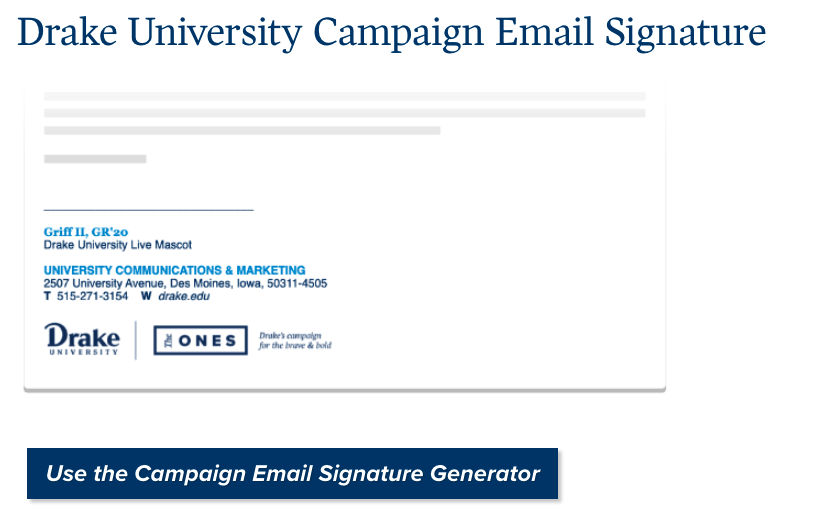The Office of Global Engagement invites nominations for the Principal Global Practitioner/Scholar-in-Residence Program for 2022–2023, seeking to attract talented individuals from academia or the professions who have outstanding international expertise to teach a course, mentor students, give public lectures, work on joint research with faculty, and aid the global capacity-building of the institution as a whole through fruitful collaborations. Nominations will be considered for fall, spring, or the full academic year.
Nomination Instructions:
Candidates should be nominated by faculty or administrators within the academic unit to which they will be attached. (Candidates must be non-Drake faculty or employees). Please submit the following supporting materials:
- A nomination letter discussing the qualifications of the candidate and expected contributions to the department and Drake University as a whole
- Candidate’s biographical information
- A letter of interest from the candidate
- A letter of support from the department chair and college/school dean
Nominations should be directed to Annique Kiel, executive director of Global Engagement and International Programs, by Feb. 18, 2022. Units considering a nomination are encouraged to consult with Annique prior to submission (annique.kiel@drake.edu).
Among the criteria to be considered for the nominee:
1. A record of recognized leadership in a global context and distinguished professional accomplishment in their field
2. A documented commitment to international understanding and global citizenship
3. An ability to bring global perspectives and experiences to the Drake community
4. A willingness and ability to offer a course(s) that complements the existing curriculum and meets rigorous academic standards.
In recognition of their contributions, Global Practitioners/Scholars receive a stipend, a travel allowance, an appropriate workspace in the host college/school, and access to university facilities. Global Practitioners/Scholars will be affiliated with an appropriate academic unit for at least one semester and offer at least one course per term.
This program is proudly sponsored by the Principal Center for Global Citizenship, housed within the Office of Global Engagement.
—Bonnie Ehler, Global Engagement

